With the demise of Chief Richard Osuolale Abimbola Akinjide (1931-2020) all Ministers, except Alhaji Ganiyu Folorunsho Abdul Razak (93) and Chief Jacob Cheogbu Obande (98) who served in the first Republic under Sir Abubakar Tafawa Balewa (1912-1966),GCFR, have answered the final call. For better or for worse we have missed them. Notable Ministers that we have missed included Dr Moses Adekojeyo Majekodunmi (1916-2012), Dr. Kingsley Ozumba Mbadiwe (1917-1990), Alhaji Muhammadu Ribadu (1910-1965), Alhaji Nuhu Bamali (1917-2001), Alhaji Muhammadu Inuwa Wada (1917-2015), Alhaji Zanna Bukar Suloma Dipcharima (1917-1969), Alhaji Usman Maitambari (1917-1977), Alhaji Ibrahim Tako (1916-1979),Alhaji Usman Sarki (1920-1984), Chief Moses Aransiola Onilearan Olanrewaju (1916-1966), Alhaji Waziri Kolo Ibrahim(1926-1992), Alhaji Ibrahim Imam(1916-1980), Chief E.O. Esien , Hashim Adaji, Chief Abiodun Akerele (1914-2007), Chief Theophilus Owolabi Sobowale Benson (1917-2008), Chief Joseph Modupe Johnson (1912-1987), Prince Alade Tiamiyu Lamuye (1920-2007),Chief Humphrey Omo-Osagie (1896-1977), Chief Augustus Meredith Adisa Akinloye (1916-2007), Chief Samuel Ladoke Akintola (1910-1966), Chief Hezekiah Oladapo Davies (1905-1989), Chief Adeniran Ogunsanya (1918-1996), Chief Jaja Anucha Nwachukwu (1918-1996), Chief Raymond Amanze Njoku (1915-1977), Chief Ayotunde Rosiji (1917-2000), Prince Adeleke Adedoyin (, Chief Kolawole Balogun (1922-2002), Chief Matthew Tawo Mbu (1929-2012), Chief Christopher Oluwafunmi Akinfosile (1920-1996), Alhaji Adegoke Oduola Akande Adelabu (1915-1958), Dr. Taslim Olawale Elias (1914-1991), Alhaji Yusuf Maitama Sule (1929-2017), Alhaji Shehu Usman Aliyu Shagari, GCFR, (1925-2018), Chief Festus Okotie-Eboh (1919-1966), Shettima Ali Mongonu (1926-2016) and others.
There were those who never served as Ministers but who served this country meritoriously. Among these were Dr. Nnamdi Azikiwe, GCFR, (1904-1996), Chief Obafemi Awolowo (1909-1987), GCFR, Surveyor A.O. Lawson, Dr. Russel Aliyu Barawu Dikko (1912-1977), Chief Gabriel Akindeko, Chief Reuben Fasanranti(94), Chief Ayo Adebanjo, Alhaji Tanko Yankasai (95), Olufunmilayo Ransome-Kuti (1906-1978), Alhaji Aliyu Makama Bida (1907-1980), Alvan Azimwa Ikoku (1900-1971), Professor Eyo Ita (1902-1972), Dr. Lyabo Bekimbo Graham-Douglas (1926-1983), Chief Patrick Doktri , Sir Samuel Jereton Marriere (1907-1971), Chief Joseph Sarwuan Tarka (1932-1980), Ibrahim Imam, Chief Arthur Edward Prest (1906-1976), Mazi Mbonu Ojike (1914-1956), Chief Anthony Eromosele Enahoro(1923-2010), Chief Harold Jeniwari Dappa Biriye (99), Chief Wenike Oparum Briggs (1917-1987), Chief Iwong Inyamegun Murphy, Sir Joseph Odeleye Fadahunsi (1901-1986), Dr. Okoi Arikpo (1916-1992), Chief Babatunji Olowofoyeku (1917-2003), Chief L.J. Dosunmu, Dr. S.E. Imoke, Chief Mojeed Agbaje, S.O. Ighodaro, S. Gbadamosi and others.
Whatever opinion we have on them most of them are gone. I still think their type of politics was far better than the era of looting that we now have. Yes, they disagreed on party principles but they did not make looting of public funds their primary aim and only objective. If there was looting of public fund during their era, it was like boys scout compared to what we see today. A least they left something behind for us, I wonder what we are going to leave behind for our children and grandchildren. Some of them regrettably, did not have a shelter over their heads before they passed on. They were not concerned about that at all, for public service was not an avenue to loot the treasury. That is their understanding of public service. Were they to come back, they will find it so difficult to understand why a public officer, either as a politician in the public service with a fixed monthly salary could own houses in their villages, state capitals, Abuja, Lagos possibly in Dubai or London and with fleet of cars in the garages of those houses. With all their years in public service and direct access to the treasury, how many properties and houses did Sir Ahmadu Bello (1909-1966), Sir Michael Iheonukara Okpara (1920-1984),Alhaji Muhammadu Aminu Kano (1920-1983), Chief Michael Adekunle Ajasin (1908-1997), Sir Shettima Kashim Ibrahim (1910-1990), Sir Francis Akanu Ibiam (1906-1995), Alhaji Dauda Shoroye Adegbenro (1909-1975), Sir Francis Akanu Ibiam, Sir Abubakar Tafawa Balewa (1912-1966),GCFR, Chief Christopher Akifosile and others leave behind?
In particular I want to refer to Dr. Michael Iheonukara Okpara who succeeded, Dr Nnamdi Azikiwe as Premier of Eastern Nigeria on the 19th of December, 1959. The old Eastern Nigeria now consist of nine states namely Rivers, Bayelsa, Akwa-Ibom, Cross Rivers, Imo, Anambra, Ebonyi, Enugu and Abia states. Dr. Okpara was Premier of Eastern Region between 1959 to 1966. After the civil war he fled into exile and was there for nine years. He returned to Nigeria in penury. On his return, his biographer, Mr. Chris Ofodile wrote that his personal assets at the time he returned from exile consist of “his home in his native village of Umuegwu Okpuala and a “back-house” standing on his plot of land along Ogui Road, Enugu, still occupied by squatters.” He further wrote “Dr Okpara’s village residence in Umegwu Okpuala is located only about a hundred metres from his own father’s modest bungalow which used to be his home before the war. It is a well-designed, modern one-storey building set in the middle of a spacious walled compound that spots freshly planted trees and sprouting flowers. His wife, Adanma, had worked very hard to build the house during his absence in exile. M.I. says she was assisted by Chief Nwadinobi and a number of other friends who wanted him to live in a decent house whenever he returned from exile.
Advertisement
But he says Adanma worked literally night and day to make sure that the house was completed.
Dr. Okpara enjoys spending time among his people in the village and ministering to their needs, especially in health care which he presides over at his clinic in his father’s house nearby. He is in love with the village and the villagers, and if he makes an appointment to see you, he is careful to ensure that you are through with him before it is time for the village elders to begin to arrive “to see their son”. If you had not seen a famous son of your village for nine years, some times you feel you have to see him several times over in order to be sure that he is indeed the one—especially if you had feared for his safety all those years.”
According to the former Minister of Agriculture, Lt. General Alani Julius Ipoola Akinrinade (80) on page 211 of his book titled “MY DIALOGUE WITH NIGERIA”, “the democracy we have now is democracy of looting and non-performance”.
Advertisement
Views expressed by contributors are strictly personal and not of TheCable.
1 comments
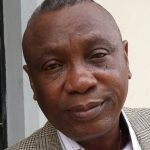
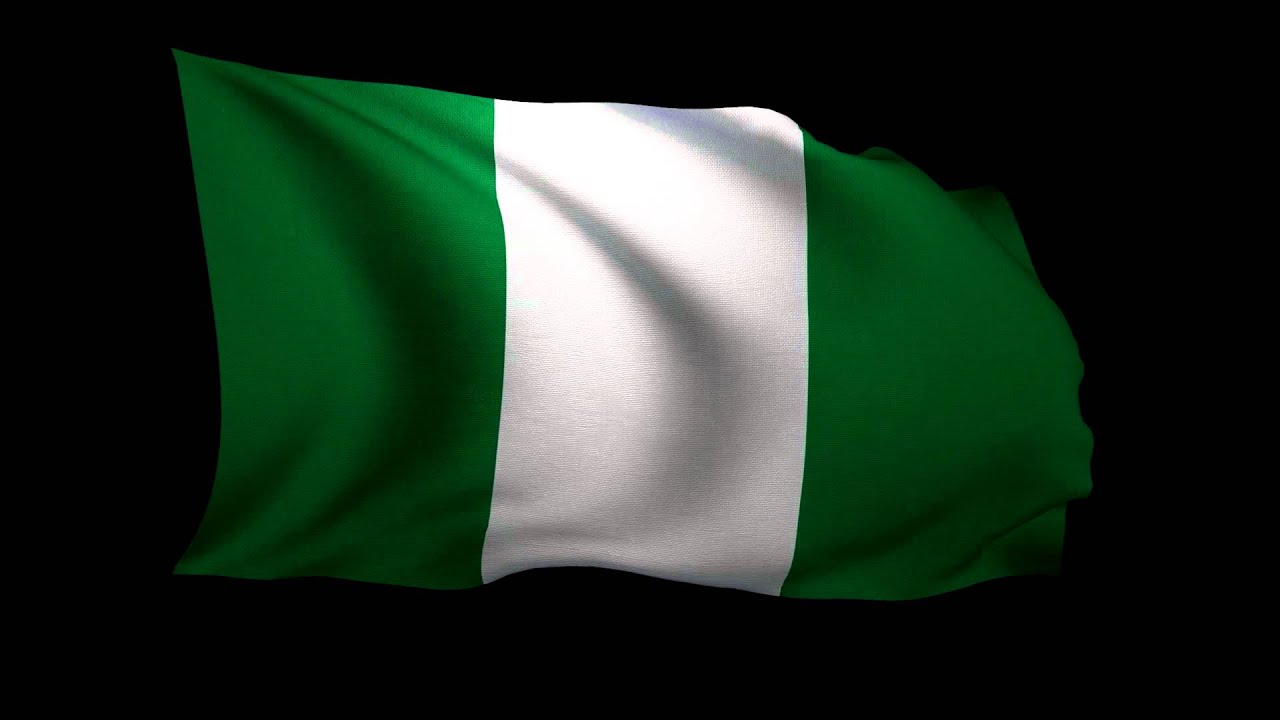
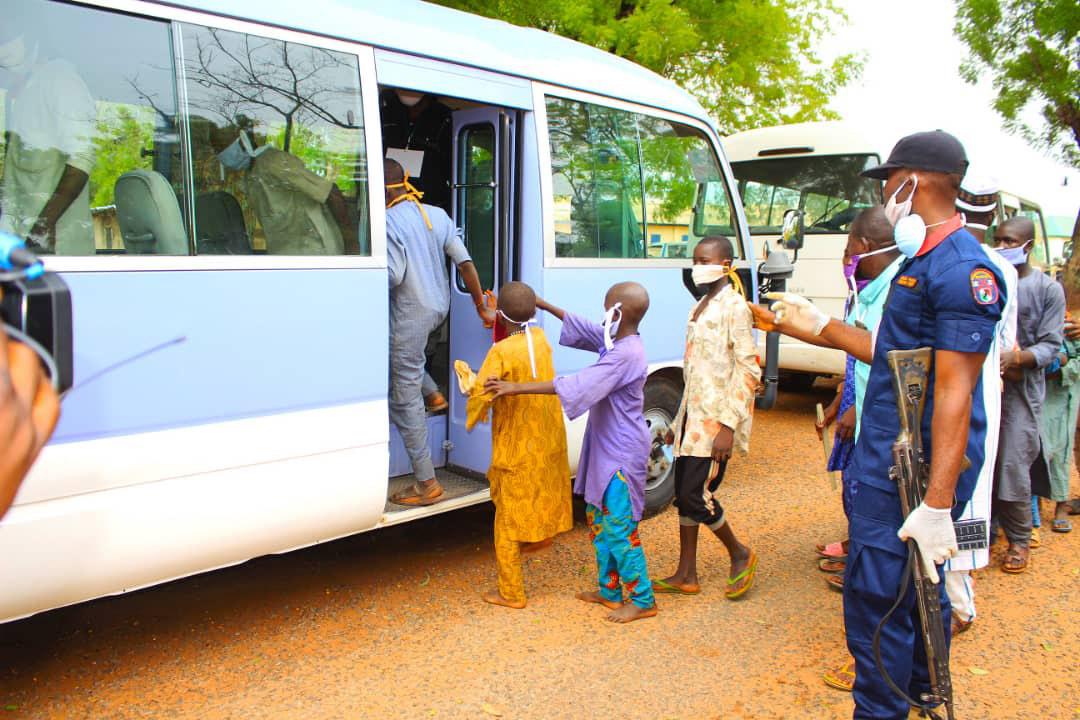
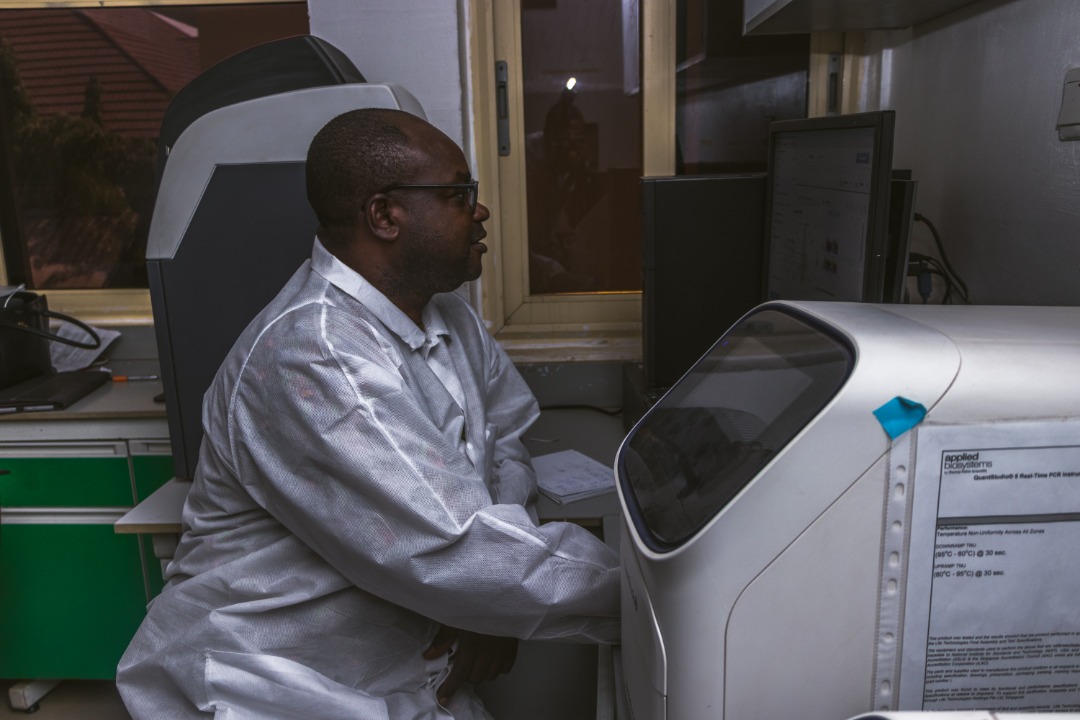


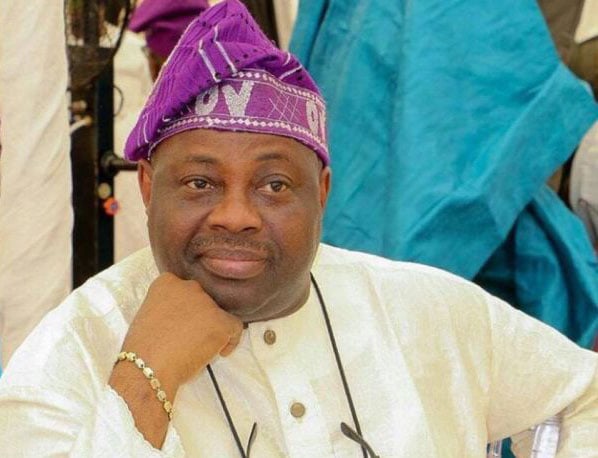
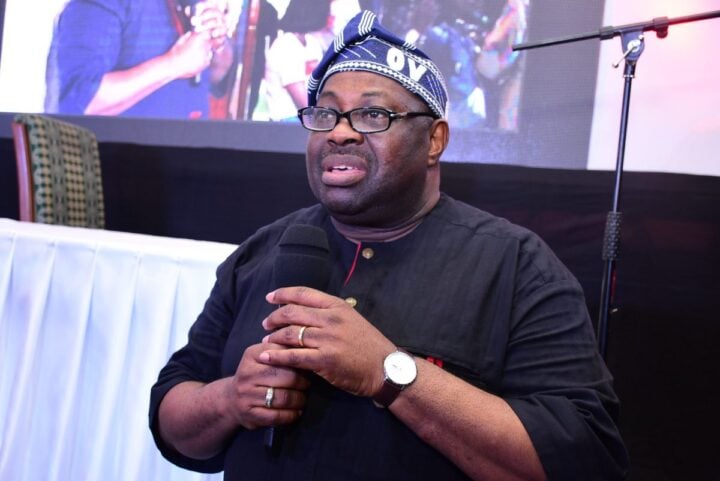
Interesting! Well researched. You did however leave out one living Minister of the First Republic. Chief Mbazulike Amechi. Mention was not also made of the Cameroonian Statesman Victor Mukete now 101 years. He was in Balewa’s first Cabinet. Awolowo and Enahoro were Federal Commissioners. They were effectively Ministers. It is just a matter of nomenclature. Otherwise it was an excellent write up. The bits I mentioned does not in anyway detract from the remarkable research you have done.